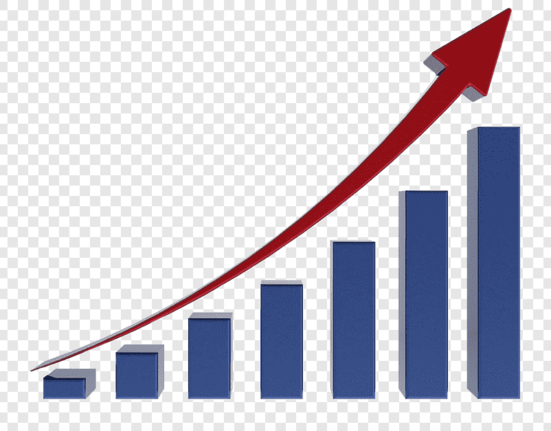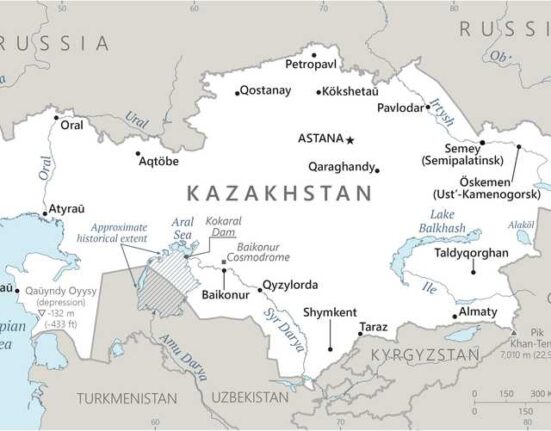On September 26, Ambassador of the European Union to Uzbekistan Toivo Klaar delivered a lecture to students of the Tashkent State University of Economics, focusing on the growing economic partnership between the European Union (EU) and Uzbekistan, the Delegation of the European Union to Uzbekistan reported.
Addressing the students and faculty, Ambassador Klaar highlighted Uzbekistan’s special role in EU foreign policy: “For more than thirty years, the European Union has engaged with its Central Asian partners to foster regional stability, economic development, and people-to-people connections. This engagement is expanding rapidly, with the recent EU – Central Asia Summit in April elevating our relationship to a Strategic Partnership.”
A key focus of the lecture was the upcoming Enhanced Partnership and Cooperation Agreement (EPCA) between the EU and Uzbekistan, set to be signed during President Mirziyoyev’s official visit to Brussels in October. Ambassador Klaar underlined that the EPCA marks a transformative step forward, replacing the 1999 Partnership and Cooperation Agreement (PCA) with a modern framework aligned with today’s global challenges.
The Ambassador outlined three main advantages of the EPCA:
Political alignment: placing rule of law, democratic governance, and human rights at the heart of bilateral relations.
Economic modernization: introducing WTO-compatible trade rules, enhancing investment protection, improving access for Uzbek agricultural exports to the EU market, and safeguarding intellectual property, including Geographical Indications.
Sectoral breadth: expanding cooperation into areas such as energy, connectivity, digitalisation, education, research, and culture.
Ambassador Klaar also pointed to the positive impact of Uzbekistan’s GSP+ status, which allows duty-free access to more than two-thirds of EU tariff lines. “The EU opens its 450 million-strong market as a special incentive to pursue sustainable development and good governance,” he noted, highlighting that Uzbek exports to the EU quadrupled between 2017 and 2022.
Looking ahead, the Ambassador drew attention to upcoming milestones, including the Trans-Caspian Transport Corridor Conference and the EU-Central Asia Investment Forum in Tashkent later this year. These initiatives will further advance connectivity, investment, and sustainable growth across the region.
Ambassador Klaar concluded by stressing that the EU’s approach is based on partnership and mutual benefit: “Some global players are only interested in exploiting and extracting. Europe’s offer is different. We want to be your partners in developing local industries, and our track record speaks for itself.”
The EU provides millions of euros of financial assistance to Uzbekistan, primarily for promoting economic development. The EU’s proposed priority areas and sectors for 2021-2027: effective governance and digital transformation; inclusive, digital and green growth; development of effective eco-friendly agriculture and food sector.




